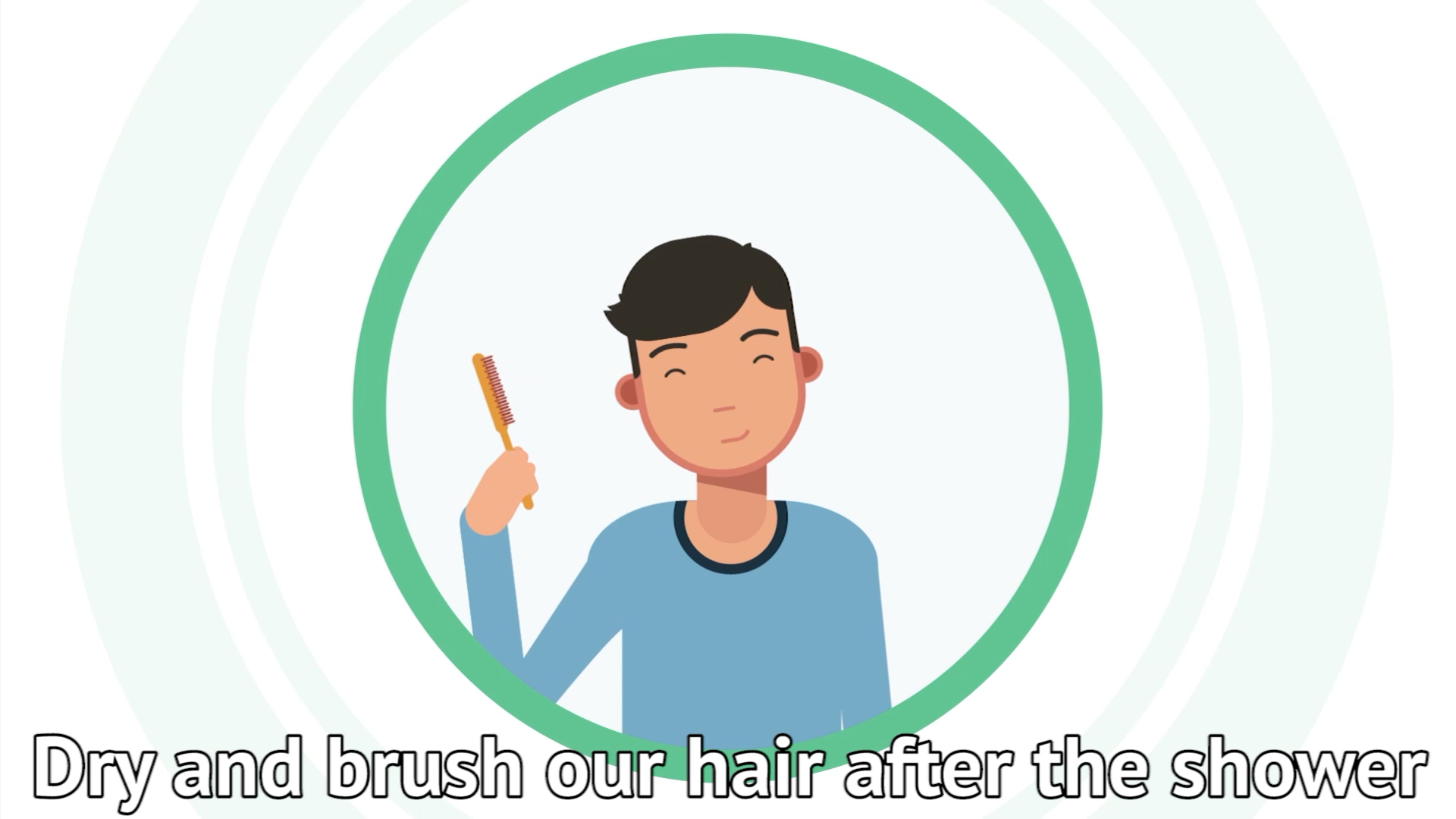
Introduction
Teaching students in special education about nighttime hygiene routines is essential for their well-being and social development. Maintaining good hygiene is crucial for staying healthy and making others feel comfortable around us. This blog post will discuss an easy-to-implement activity to help students understand the importance of nighttime hygiene and provide discussion questions to stimulate conversations around the topic. We will also mention related skills that can be beneficial for students and encourage you to explore our sample materials for teaching these skills.
No-Prep Activity: Nighttime Hygiene Checklist
This no-prep activity aims to help students in special education remember and practice their nighttime hygiene routines. Follow these simple steps to implement this activity in your classroom or at home:
- Discuss the importance of nighttime hygiene with your students. Explain how it helps them stay healthy and makes others feel comfortable around them.
- Create a simple checklist that includes the following steps for nighttime hygiene:
- Wash hands with soap
- Take a shower
- Wash body with soap
- Shampoo hair
- Dry off with a towel
- Dry and brush hair
- Brush and floss teeth
- Put on clean pajamas
- Encourage students to follow the checklist every night before bed. You may also provide a visual aid, such as a poster or a laminated card, to help them remember the steps.
- Periodically check in with your students to discuss their progress and address any challenges they may be facing in maintaining their nighttime hygiene routine.
Discussion Questions
Here are some discussion questions to stimulate further conversation about nighttime hygiene:
- Why is it important to have a nighttime hygiene routine?
- What challenges might someone face in maintaining good hygiene? How can we overcome these challenges?
- How does having good hygiene affect our relationships with others?
- What other personal care routines should we practice daily to stay healthy and clean?
- How can we encourage others to maintain good hygiene habits?
Related Skills
Teaching students about nighttime hygiene routines can also help them develop other important skills, such as:
- Time management: Planning and following a routine can help students better manage their time and responsibilities.
- Self-awareness: Understanding the importance of hygiene and its impact on their health and social interactions can improve students’ self-awareness.
- Self-care: Learning to take care of their bodies and minds can promote overall well-being and a healthy lifestyle.
- Resilience: Overcoming challenges related to personal care can help students develop resilience and adaptability.
Next Steps
Helping students in special education develop good nighttime hygiene routines is an essential part of their overall development. We encourage you to try the no-prep activity and discussion questions provided in this blog post to engage your students in meaningful conversations about hygiene. To support your efforts in teaching this and other valuable skills, we invite you to sign up for our free sample materials and explore the resources available on our website.

